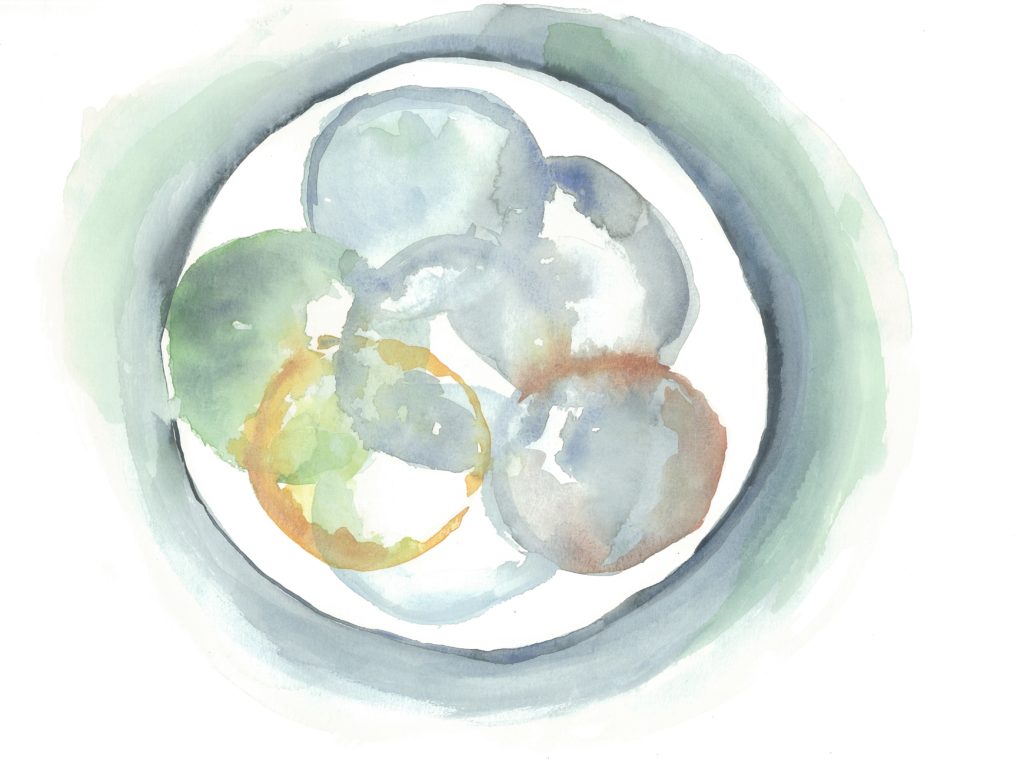We often hear that stress can contribute to fertility difficulties – some couples can try for years, with no success and it’s when they are not actively trying that somehow pregnancy occurs.
Why does this happen? What is the connection between stress and infertility?
That answer is hormones!
Female hormones, specifically cortisol and progesterone are the two hormones that are responsible for dealing with stress and for maintaining a healthy pregnancy, respectively.
What is cortisol and how is it affected by stress?
Cortisol is released from our adrenal glands when we encounter a stressful event. Normal amounts of cortisol are imperative to help our bodies deal with stress.
Cortisol helps to control:
- blood pressure
- blood sugar levels,
- regulates metabolism,
- helps with memory retention
- and assists in reducing inflammation.
When mild amounts of stress are encountered, then the right amount of cortisol is released to help the body cope with that stress but when stress becomes chronic and severe, then high amounts of cortisol can be released in the short term and eventually the adrenal glands burn out and there is not enough cortisol for the body to deal with the stress that it is faced with. This is what we call “burn out” or adrenal fatigue.
How does progesterone affect fertility?
Progesterone is responsible for nourishing a healthy uterine lining so a fertilized egg can attach and for helping to support a developing embryo. It is produced in higher amounts after ovulation by the corpus luteum.
If fertilization occurs, the corpus luteum is responsible for initial progesterone production and then after 7 days, the placenta takes over and continues to produce progesterone for the rest of the pregnancy. If progesterone levels are not high enough during this critical luteal phase (the 14 days after ovulation), then an embryo will not develop even if fertilization has occurred.
How is progesterone impacted by cortisol?
These 2 hormones follow the same steroid hormone pathway and therefore are interconnected. Cholesterol makes pregnenolone which then divides into progesterone and DHEA. DHEA is a precursor for estrogen and testosterone and progesterone goes on to also produce cortisol.
If the body is constantly trying to produce cortisol such as when you are under short or long term stress, then the hormone pathway is being shunted towards cortisol production and away from progesterone synthesis.
Adrenaline, another hormone produced by the adrenal glands, is released during acute periods of stress and it causes the pituitary gland to release prolactin, which can have a negative impact on fertility. Sometimes people can experience adrenal fatigue, or a state in which you are not producing a regular amount of adrenal and it causes you to have some of the following symptoms.
What are the signs of adrenal fatigue?
- Anxiety and/or depression
- Panic attacks
- Insomnia
- Brain fog/memory problems/concentration difficulties
- Possible menstrual irregularities
- Weight gain and difficulty in losing weight
- Sugar cravings
- Low immune function
- Low energy
Can adrenal fatigue be tested?
Yes cortisol can easily be tested at home through saliva or urine. Four or five samples are collected during the day to give us an idea of how your cortisol could be fluctuating throughout the day. There are 4 phases of adrenal fatigue and by doing a test, it can tell us exactly what phase you might be in and then treatment can be recommended accordingly.
If you would like more information, please get in contact today with our Naturopathic Doctor, Dr. Marni Ross
Read more about Estrogen and Progesterone through a TCM perspective by Dr. Erin Flynn here.


